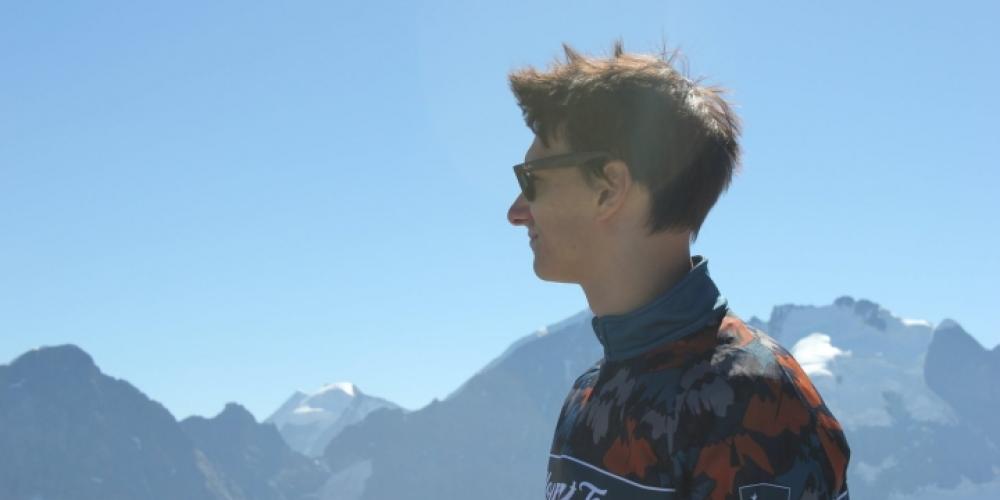
Aided by a global climate model Wim Thiery studies the historic and future influence of irrigation on climate extremes. His models and satellite observations predict that extreme weather conditions will intensify in the future. Through his work he contributes to the reports of the UN climate panel. Aside from that he works on a local warning system for Africa’s largest and most dangerous body of water, Lake Victoria. The extreme storms there cost over three thousands fishermen’s lives every year.
“More than ever research into the consequences of climate change is needed, to warn people for the potentially disastrous consequences. The widespread irrigation and limited adaptational possibilities of local populations can mean climate change and water shortage have an enormous impact on people’s lives, especially in developing countries,” Wim Thiery elaborates. “Scientific research is a fundamental step in the reduction of those effects. I am therefore thoroughly convinced of the need to perform climate research and am extremely motivated to contribute to it myself.”
Scientific career
After studying philosophy at KUBrussels, Vrije Universiteit Brussel and KU Leuven, he obtained his second master’s degree in ‘Terrestrial Ecosystems and Global Change’, a joined master program between Vrije Universiteit Brussel and KU Leuven. As an FWO aspiring researcher, he studied the interaction between climate and the Great Lakes in Africa with a regional climate model between 2011 and 2015. During his PhD research at KU Leuven he visited research institution in Montreal, Berlin and Zurich, and executed two field projects in Rwanda and Congo, in which he installed a weather station at Lake Kivu. Since October 2015 he a Postdoctoral Fellow at the ETH Zurich Land-Climate Interactions group. This year he started as a professor at VUB’s department Hydrology and Hydraulic Engineering.
Forbes
Every year Forbes presents its list of 30 Under 30 Europe. Aside from receiving thousands of online nominations, it’s reporters skimmed the continent in search of leading innovators in various fields. They then consequently present that list to panels of established experts, that make the final selection. The result: 300 of Europe’s best young talents in ten categories including the arts, finance, technology and so much more. Some are familiar faces (such as Sophie Turner, 20, aka “Sansa Stark” from Game of Thrones), while others stay in the background working on a future where people live on Mars (Karina Marshall-Goebel, 28). They all have these qualities in common though: there are innovators, they are at the top of their fields and are - as befits true millennials - fearless.